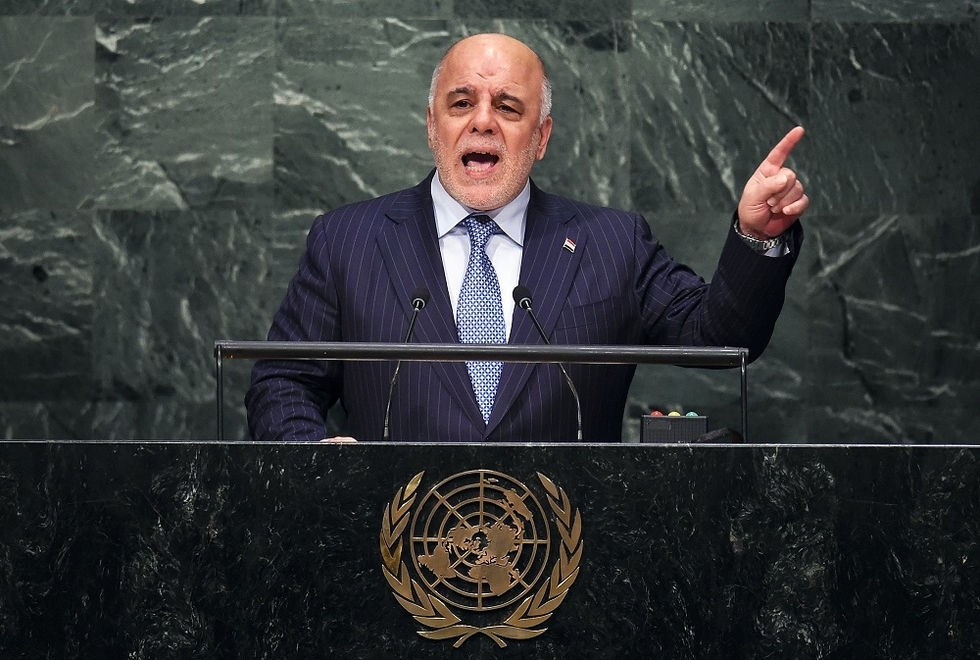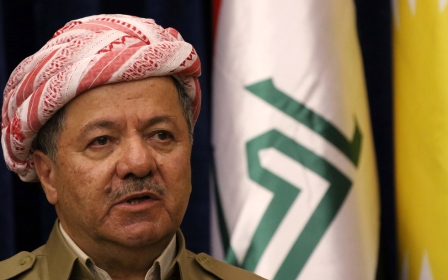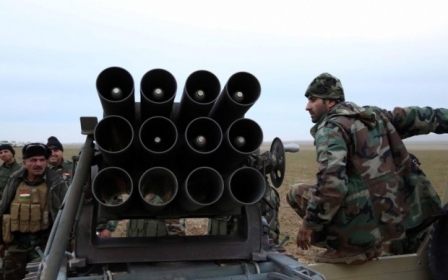Iraq offers salaries to Kurdish government employees for oil

Iraq's federal government will pay the salaries of the cash-strapped Kurdish region's employees if it halts its independent oil exports, Prime Minister Haider al-Abadi said on Monday.
Iraq's autonomous Kurdistan region, facing a financial crisis due to low oil prices, has announced its employees will receive partial salaries until further notice and that months of unpaid wages will be considered loans to the government.
"Give us the oil and I will give every employee in Kurdistan (their) salary," Abadi said in an interview with Iraqiya state television.
Iraqi Kurdistan has independently exported crude oil via Turkey from the northern territory it controls since an oil deal with Baghdad collapsed last year. Baghdad considers independent oil exportation to Turkey illegal.
Abadi, who has previously put Kurdistan's oil exports at over 600,000 barrels per day, said this amounts to the region's share of the federal budget, which Baghdad is currently withholding.
"Exports from the region represent around 16 percent of the oil exported... from all Iraq, so the region has obtained its (share of the) budget," he said.
The Kurdish austerity measures have sparked widespread anger among regional government employees, some of who have protested or gone on strike.
Massoud Barzani, the region's de facto president, has called for a referendum on independence, but Kurdistan's financial woes effectively rule out a viable state for now.
Abadi has said he hopes Kurdistan will remain part of Iraq.
Kurdistan’s prime minister, Nechirvan Barzani, represented the region during talks with the Iraqi government on 31 January, but the negotiations yielded no results.
New MEE newsletter: Jerusalem Dispatch
Sign up to get the latest insights and analysis on Israel-Palestine, alongside Turkey Unpacked and other MEE newsletters
Middle East Eye delivers independent and unrivalled coverage and analysis of the Middle East, North Africa and beyond. To learn more about republishing this content and the associated fees, please fill out this form. More about MEE can be found here.




